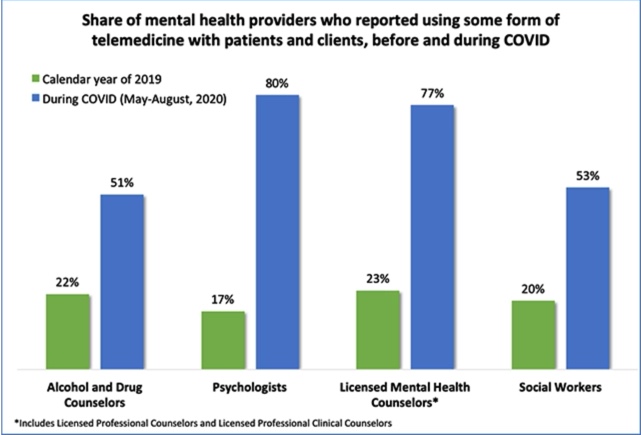Minnesota should take note from Arizona’s health care reform
In many ways, Arizona has been a pioneer among the states when it comes to healthcare licensing reform. For instance, in April 2019, Arizona became the first state to sign a law universally recognizing out of state licenses. This in part helped health care practitioners licensed in other states to establish practices in Arizona. And during the coronavirus crisis, Arizona was among the states that suspended licensing requirements for health care provides. The state is poised to be the first to make those licensing changes permanent after Covid is over.
According to Cato,
Absorbing lessons learned from the COVID-19 pandemic, Arizona Governor Doug Ducey plans for Arizona to once again lead the way in health care reform, this time by seeking legislation to make permanent his emergency executive order that allows Arizona residents to obtain telehealth services from practitioners licensed in any of the 50 states and the District of Columbia. While many states have taken similar emergency steps to improve access to health care during this public health crisis, unless their legislatures act, the emergency orders will expire when the crisis is over. If Governor Ducey convinces Arizona legislators, Arizona will become the first state in the union to permanently allow out‐of‐state licensed health care practitioners to render telehealth services to its residents.
The Governor’s 2021 Policy Priorities reported that many Arizonans—particularly those in rural areas—benefited greatly from the emergency telehealth action, with behavioral health services among those most utilizing the remote technology.
Minnesota legislators should take note
The covid-19 virus has accelerated the use of remote healthcare access for a number of reasons. Firstly the need for isolation drove the demand for remote connection between providers and patients. And additionally, licensing changes made during the emergency period made telehealth/telemedicine more viable. Most states, including Minnesota, suspended licensing requirements to allow residents to receive health care services from out of state providers not licensed in their state. In Minnesota, mental health care providers have been the biggest users of remote services.

Source: Minnesota Department of Health
Despite the decline from its early peak, the remote provision of services continues to be a viable option. In fact, mental health care providers touted it as a possible solution to shortages facing Minnesota. Most providers that utilized telehealth/telemedicine see it as a permanent fixture in the way they provide services.
But as I have argued before, for the use of remote services to continue, it will require a more friendly regulatory environment. And that will include among other things making permanent licensing changes made during the emergency period that has allowed Minnesota residents to access care from out-of-state providers. In this regard, Arizona has provided a good example of what to do after Covid-19 is over. Besides if these laws can be suspended due to Covid-19, why are they necessary in normal times?